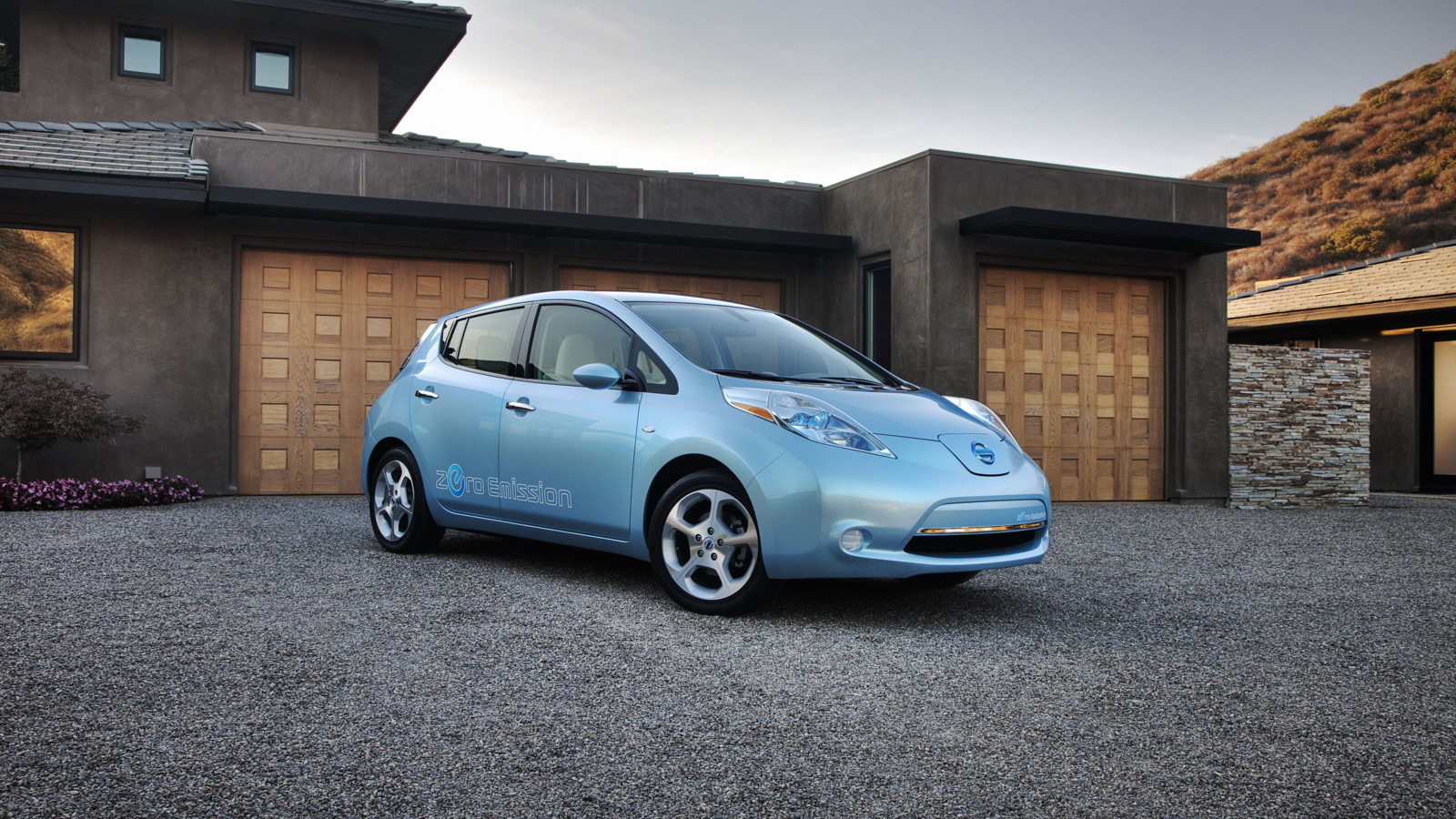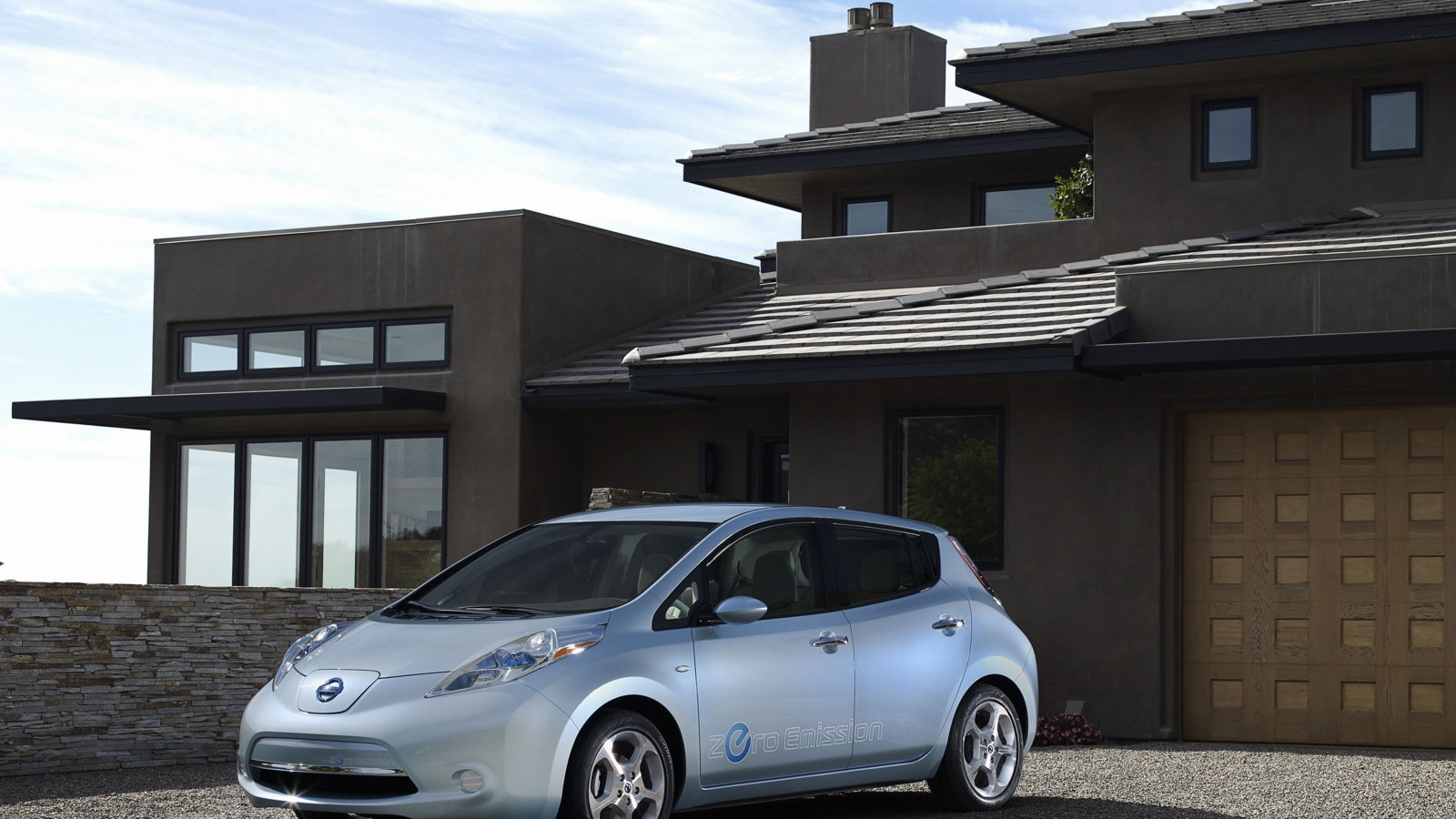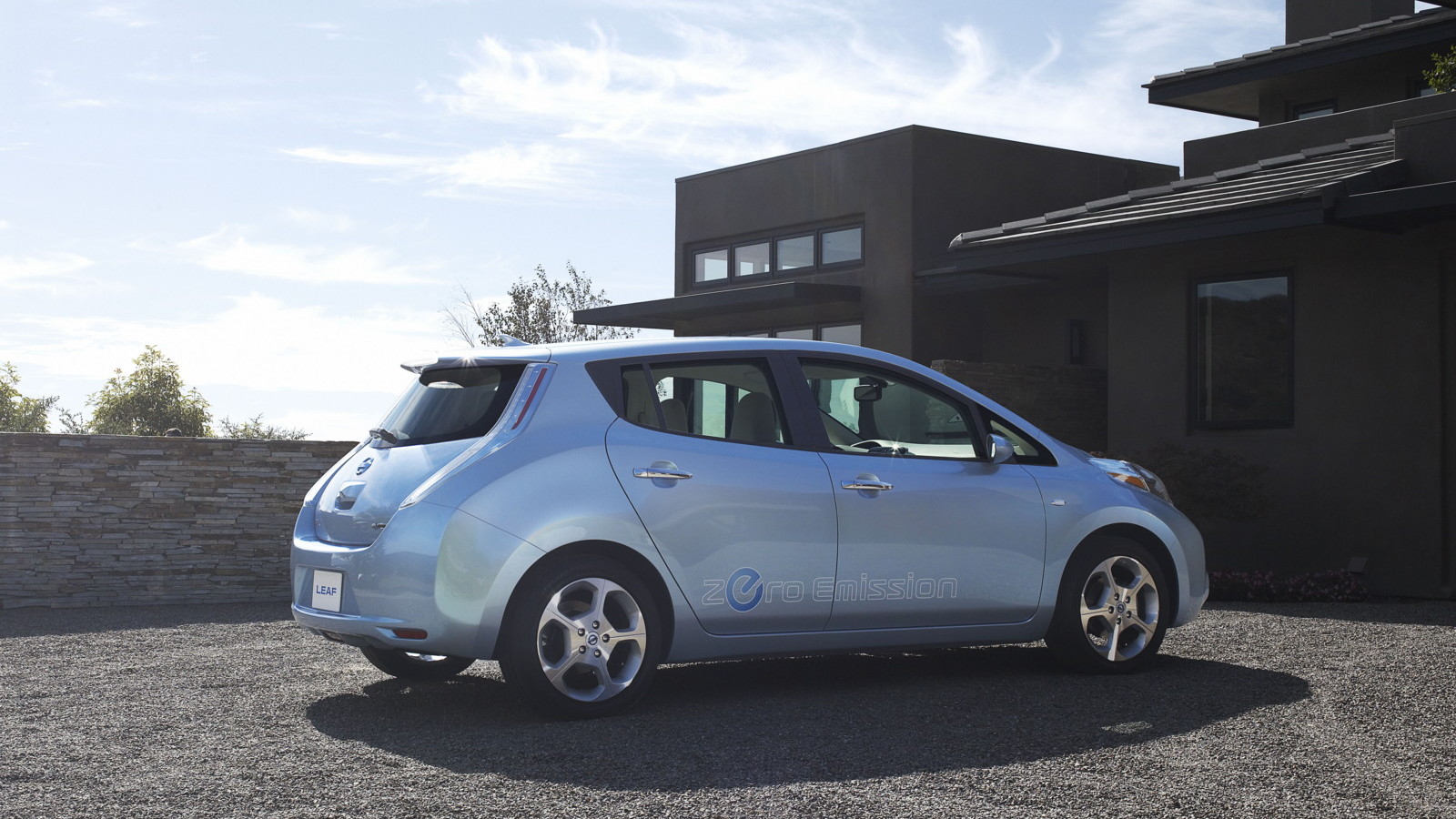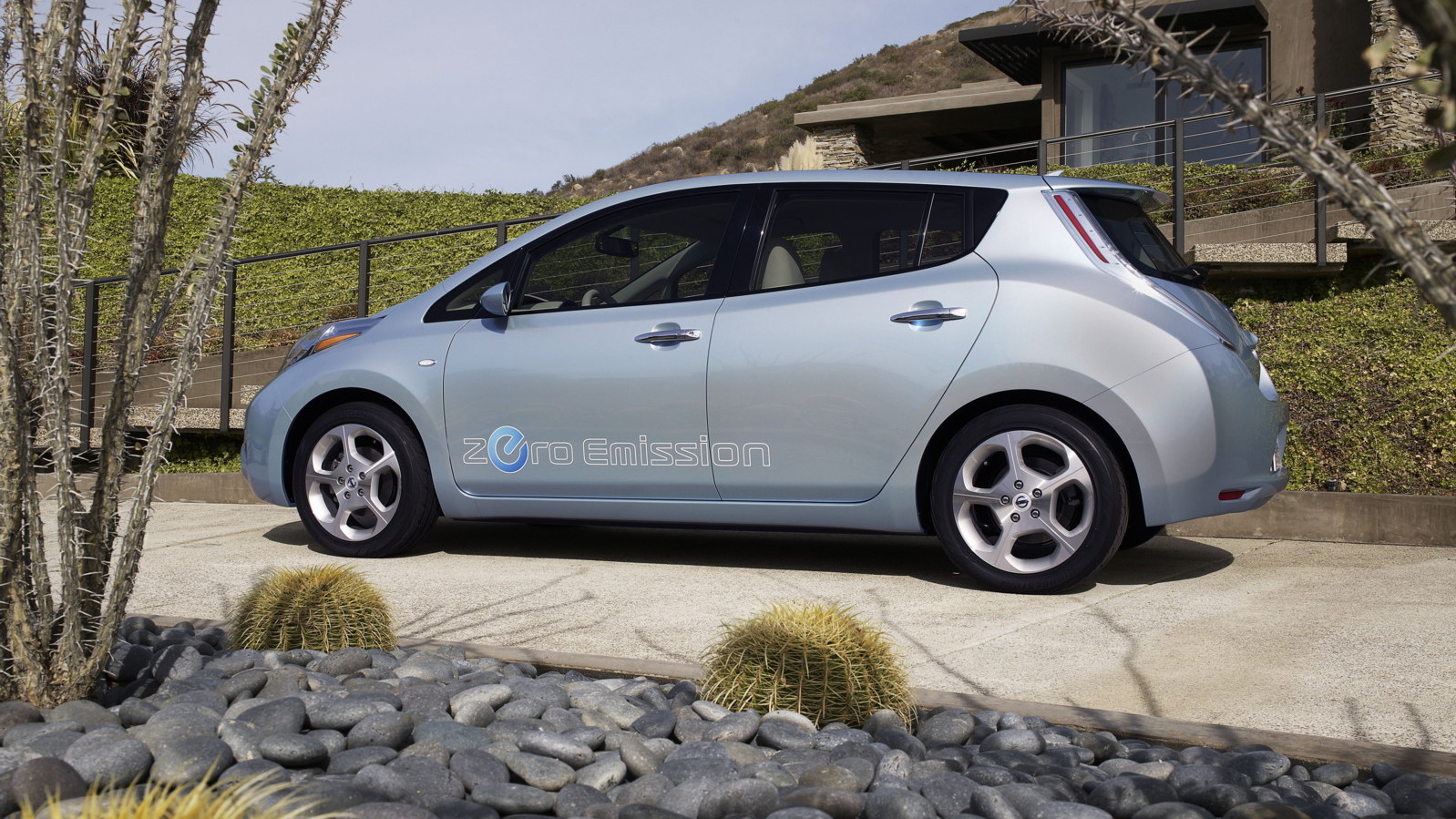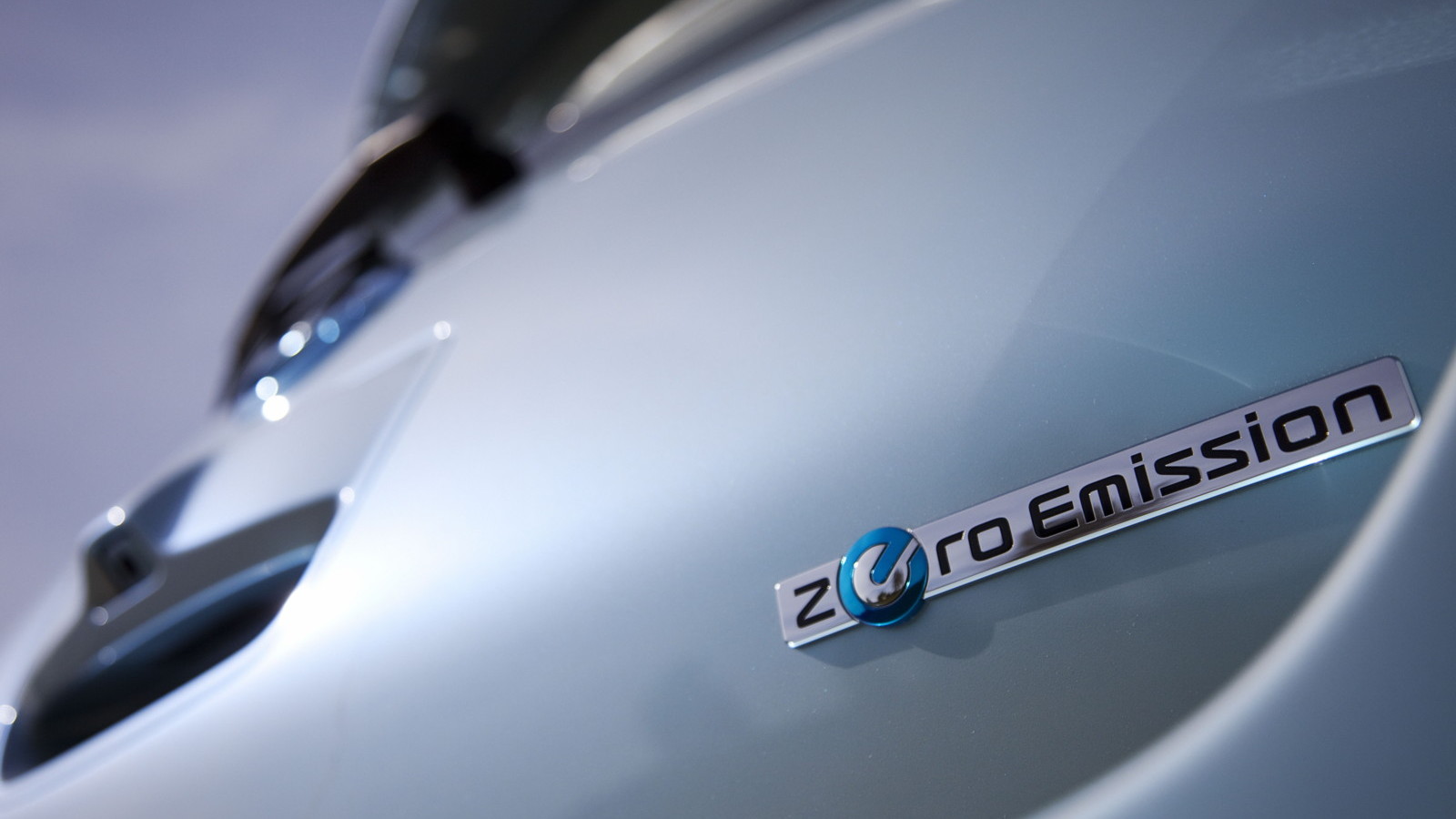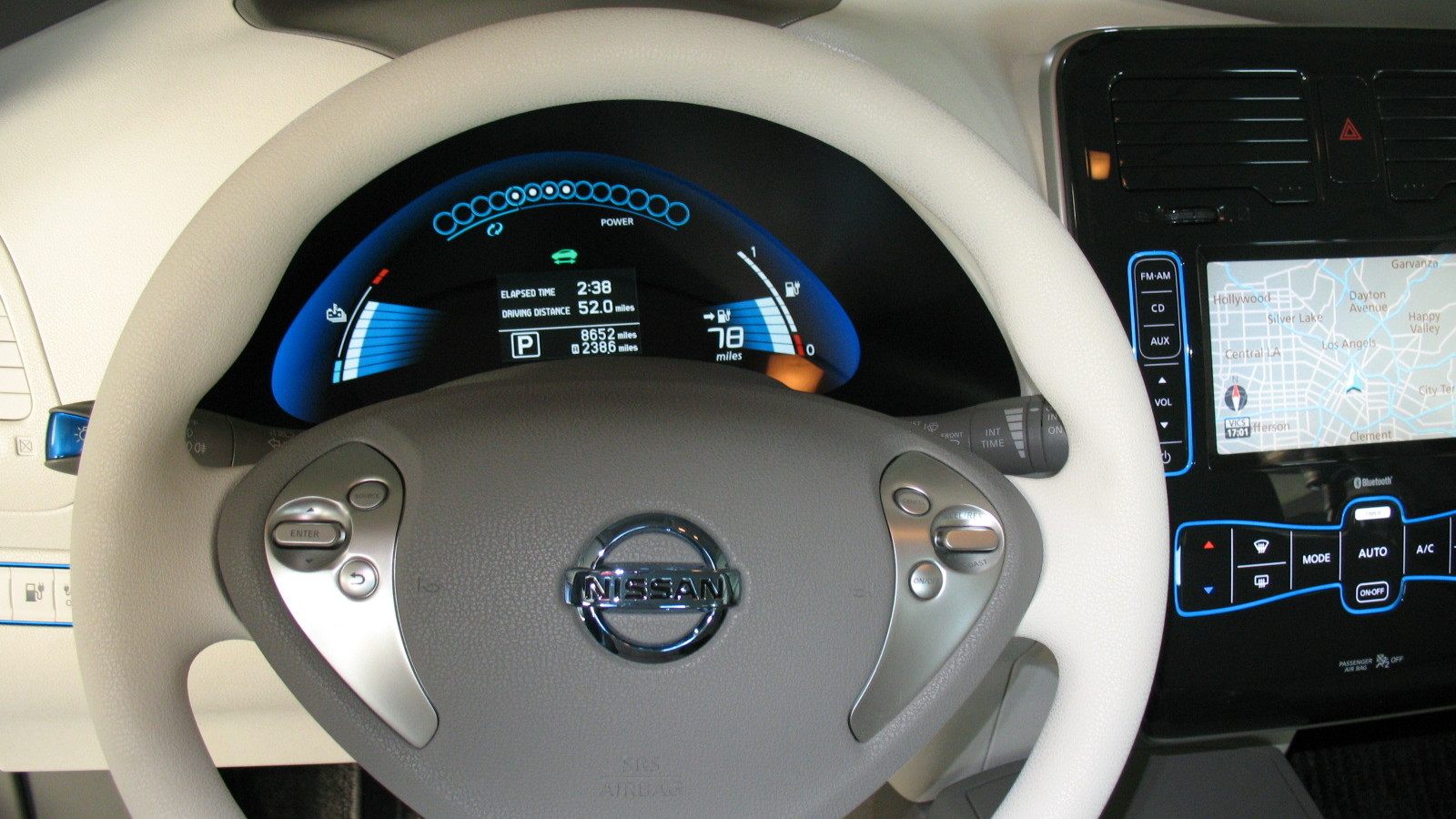It's almost an article of faith in the auto industry that electric cars will require huge subsidies in their initial years. Certainly Toyota is widely assumed to have put tens of billions of dollars into its hybrid-electric vehicle program before it started to cover its costs.
Never shy of taking a different tack, Nissan has now said it expects to make money on the first generation of its 2011 Leaf electric car. The Leaf's lithium-ion battery pack gives it a range of up to 100 miles, and unlike the 2011 Chevrolet Volt, it has no range-extending engine.

2011 Nissan Leaf
Mark Perry, Nissan North America's product planning and strategy director, told Reuters that at the announced price of $32,780, the company would make money on the Leaf. Many buyers will quality for a $7,500 Federal tax rebate, along with various local incentives too.
Whether to believe Perry is an open question, but Nissan has staked a great deal on its electric-car program. Nissan CEO Carlos Ghosn has frequently said that he expects 10 percent of the company's 2020 sales to be electric vehicles.
That's a more optimistic projection than virtually any other carmaker will release, and it would require sales of more than half a million EVs annually between Nissan and its alliance partner Renault.
Still, these days, the 2011 Nissan Leaf is generating a lot of news in general. The company took 6,000 deposits for Leafs in a single week of accepting orders--including one, by the way, from our own Marty Padgett, who walked us through the entire order process.
As of Friday, that number was up to 8,000, and the company expects to have 25,000 orders in hand by the end of the year, when 2011 Leaf models will reach their first buyers.
And Nissan is expected to launch several other EVs using the same technology, perhaps including a subcompact EV that could be made in China.
[Reuters via Automotive News (subscription required)]
